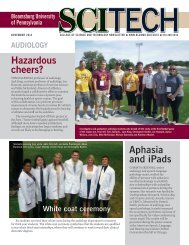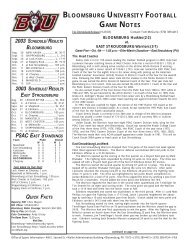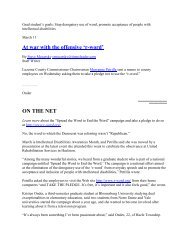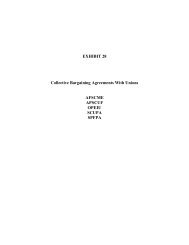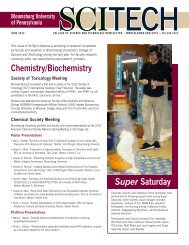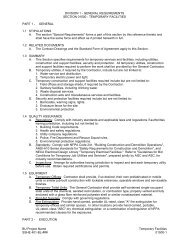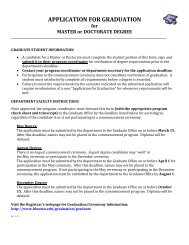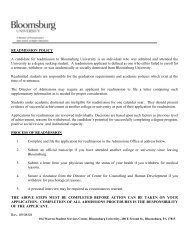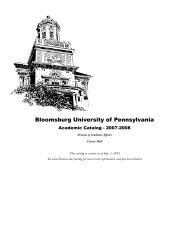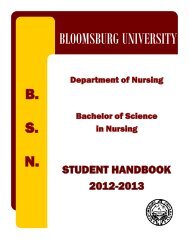Human Rights at Home and Abroad: Past, Present, and Future
Human Rights at Home and Abroad: Past, Present, and Future
Human Rights at Home and Abroad: Past, Present, and Future
Create successful ePaper yourself
Turn your PDF publications into a flip-book with our unique Google optimized e-Paper software.
can also help in the subject‘s well being. The safety of test subjects would make the public less critical<br />
about human experiment<strong>at</strong>ion because the causes are completely different from those of the past (from the<br />
Nazi experiments). Also, this would cre<strong>at</strong>e a safer environment for future scientists <strong>and</strong> researchers to<br />
make sure th<strong>at</strong> everything is running correctly <strong>and</strong> no legal actions can be made by any mistakes th<strong>at</strong> are<br />
made. Most problems involving human testing arise when researchers are exposed to having secret<br />
research experiments. By making the guidelines m<strong>and</strong><strong>at</strong>ory, these fears can be avoided so researchers do<br />
not conduct experiments in a harmful or unsafe way.<br />
Many other organiz<strong>at</strong>ions have considered these types of events <strong>and</strong> in result, have discussed<br />
ways th<strong>at</strong> they can contribute to keep test subjects in good health. The Bulletin of the World Health<br />
Organiz<strong>at</strong>ion st<strong>at</strong>es:<br />
Global challenges raised by biomedical advances require global responses. Some intern<strong>at</strong>ional<br />
organiz<strong>at</strong>ions have made significant efforts over the last few years to establish common st<strong>and</strong>ards<br />
th<strong>at</strong> can be regarded as the beginning of an intern<strong>at</strong>ional biomedical law. One of the main fe<strong>at</strong>ures<br />
of this new legal discipline is the integr<strong>at</strong>ion of its principles into a human rights framework. This<br />
str<strong>at</strong>egy seems the most appropri<strong>at</strong>e, given the role of ‗‗universal ethics‘‘ th<strong>at</strong> human rights play<br />
in our world of philosophical pluralism. (Adorno, 2002, p. 959)<br />
The people in this organiz<strong>at</strong>ion have found it important for human rights to be incorpor<strong>at</strong>ed in their<br />
studies. Their main focus is on human testing rel<strong>at</strong>ed to genetic type testing <strong>and</strong> cloning. These scientists<br />
are thinking outside of just the results of the experiment <strong>and</strong> are making sure th<strong>at</strong> everyone involved will<br />
be in good health <strong>and</strong> therefore receive positive results. This biomedical law idea was proposed in 2002<br />
from the Bulletin of the World Health Organiz<strong>at</strong>ion, but since then has not been researched to see if their<br />
efforts were strong enough. Cloning <strong>and</strong> genetic testing can be seen as invasive <strong>and</strong> as viol<strong>at</strong>ing human<br />
rights. But wh<strong>at</strong> if these scientists are given volunteers? Does this mean th<strong>at</strong> they need to be ‗more ethical<br />
<strong>and</strong> moral‘ <strong>and</strong> turn them down? The organiz<strong>at</strong>ion who wants to cre<strong>at</strong>e the universal biomedical law<br />
st<strong>at</strong>es: ―In spite of all its weaknesses, however, the current human rights system is the only mechanism<br />
154



